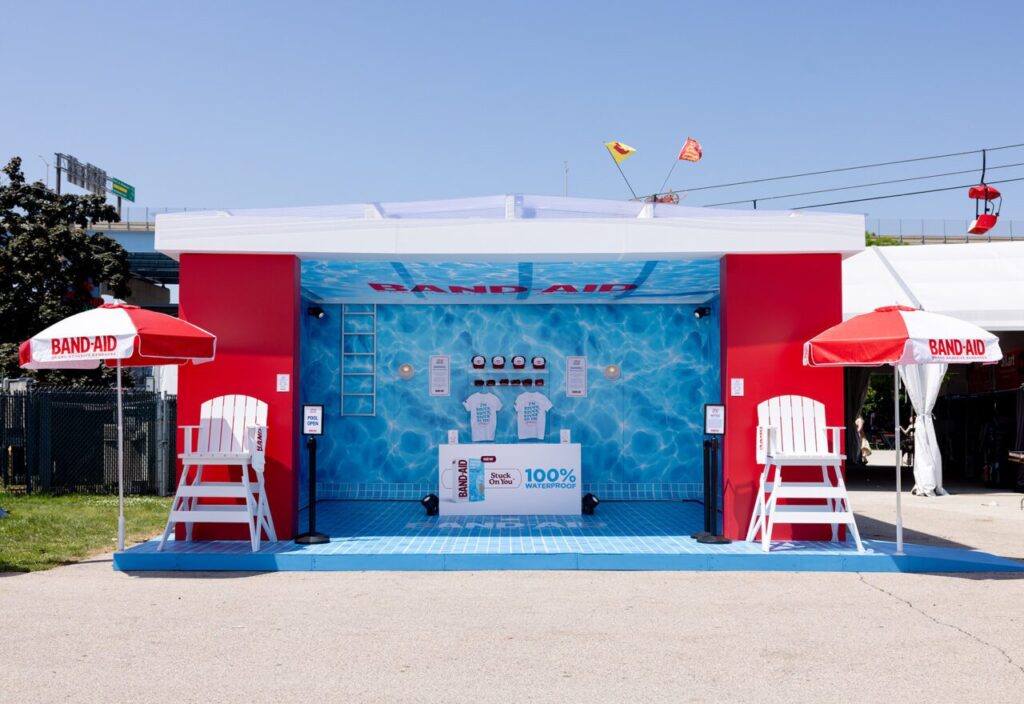Tobacco rivals yesterday were denied the opportunity to support Lorillard Tobacco Co. in the appeal of its four-year-old lawsuit against anti-tobacco marketing group American Legacy Foundation.
Lorillard wants to shut down ALF and halt its “truth” campaign that targets teens. The suit asks the court to force ALF to return the $1.4 billion it has collected from tobacco marketers through the 1998 Master Settlement Agreement, which set up the non-profit foundation.
Lorillard lost the case in Delaware Chancery Court in October 2005, and the “truth” campaign was allowed to continue. Lorillard filed an appeal with the Delaware Supreme Court; that court will hear arguments on April 26 and make a ruling, likely by summer.
Philip Morris USA, R.J. Reynolds Tobacco Co. (which owns the former Brown & Williamson) last week filed a motion to file briefs as friends of the court on behalf of Lorillard. The court denied their request, calling it “untimely.”
That may be because the briefing period is nearly over, said ALF General Counsel Ellen Vargyas: “They’ve had no public role in the case for the last four years; they haven’t filed anything.”
RJR filed its motion at the request of Lorillard, said RJR spokesperson David Howard. “We agree with their view,” he added. “We’re not trying to shut down the foundation; we’re challenging the ads [within] the ‘truth’ campaign that we believe vilify the industry.”
Last month, 19 public health organizations and 34 states filed friend-of-the-court briefs supporting ALF in the suit.
Meanwhile, ALF is talking with a number of states about collaborating on education campaigns and cessation programs. The foundation is actively pursuing partnerships to stretch its marketing funds, which have dropped significantly since the big MSA-mandated payments from tobacco companies ended in 2003. ALF still gets “base foundation” payments from states that put aside some of their own MSA proceeds to help fund ALF through 2008.
“We’re working with significantly reduced funding, so we’re looking beyond advertising at other marketing options, and at partnerships with states and private organizations to keep our programming going,” Vargyas said.
Annual spending on the “truth” campaign has shrunk to $51 million in fiscal 2005 from $100 million in 1999; reserve-fund investments and state contributions fund the campaign now. ALF reported total assets of $1.09 billion for fiscal 2004 ended June 30, the last year for which data is available.
Lorillard first filed suit against ALF in February 2002, charging the non-profit foundation with making false claims and vilifying the company and its employees— violation of the terms of the MSA. ALF counter-sued, arguing that it is not governed by the MSA even though the non-profit was formed and funded as a directive of the MSA.
The August 2005 ruling said ALF’s ads did not vilify the industry or employees, and allowed the campaign to continue. Lorillard’s October 2005 motion to reargue its case was denied (Xtra, Oct. 6). Lorillard didn’t return a call for comment.
Washington-based ALF broke its latest TV ads in December. In one, cowboys ride cattle down Wall Street, telling passers by that cows and cigarettes both produce methane gas. In another, teens push hospital beds down the street to illustrate how many consumers are hospitalized with smoking-related illnesses. Cinema ads targeting African-Americans broke in February and will run in Washington, DC, theaters through June. Arnold Worldwide, Boston, and Crispin, Porter + Bogusky, Miami, handle “truth”; the ad*itive, New York, handles the cinema campaign. “Truth” is credited with cutting teen smoking 22% in its first two years.
 Network
Network

